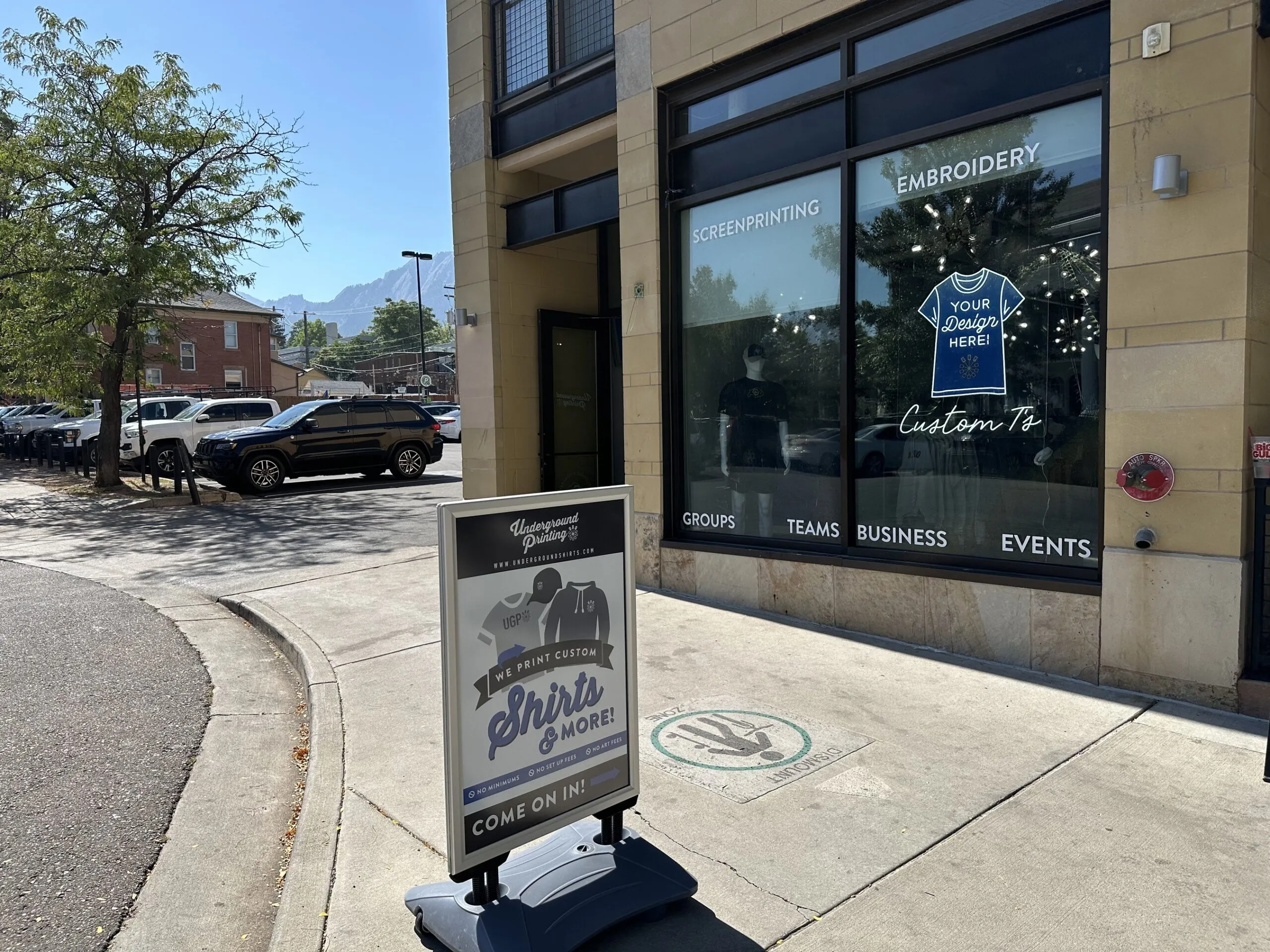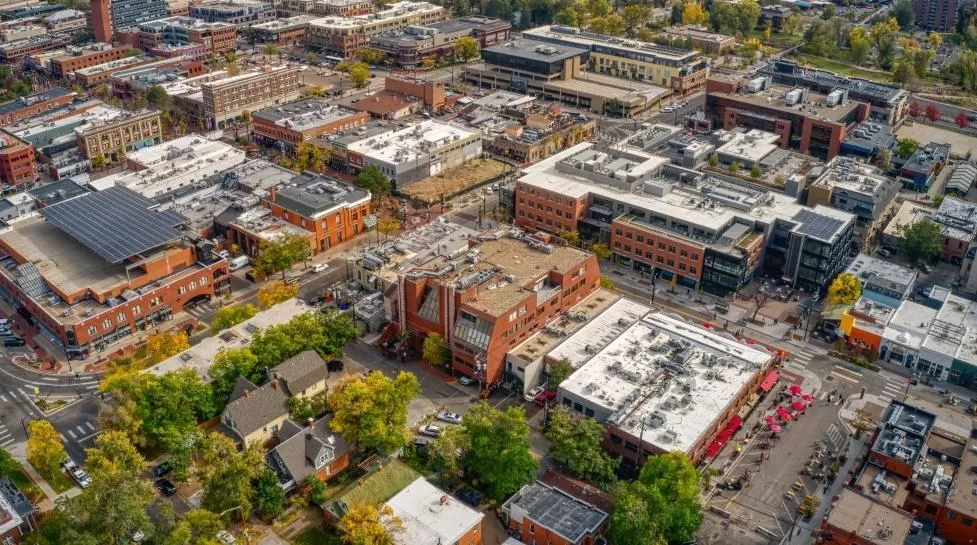Office-space investors still bullish on Boulder

Despite some record-setting commercial real-estate deals in recent years, the office market nationally continues to reel from effects of the COVID-19 pandemic. However, despite its high vacancy rate and large blocks of subleased space, national investors who spoke at BizWest’s Boulder Valley Real Estate Conference last week say Boulder still seems to be full of opportunity.
THIS ARTICLE IS FOR SUBSCRIBERS ONLY
Continue reading for less than $3 per week!
Get a month of award-winning local business news, trends and insights
Access award-winning content today!





